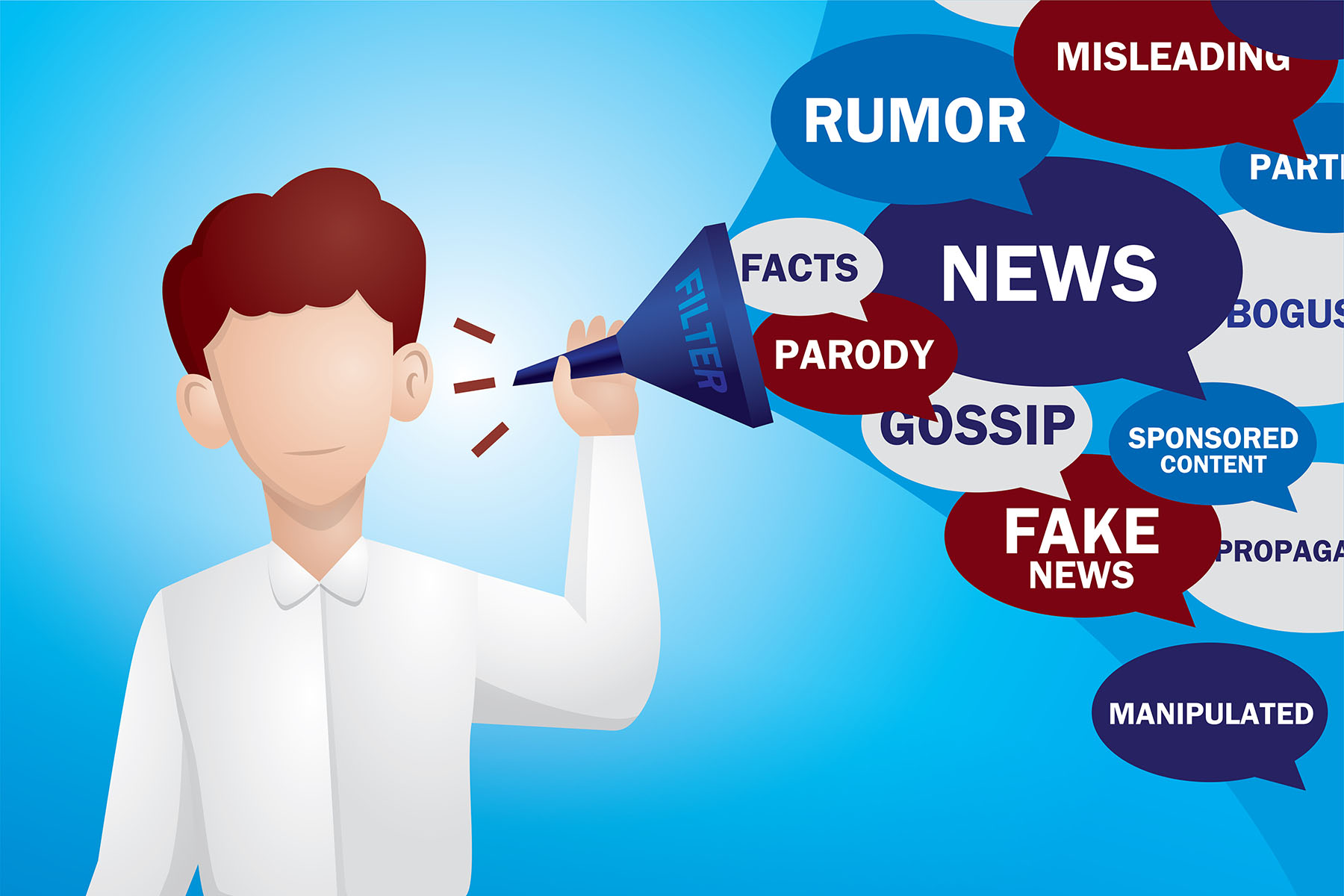No one disputes how much the media landscape has evolved over the last two decades. What has been discussed, at times very passionately, is the role and reputation of media in today’s environment. As marketing and communications professionals, we wanted to take a deeper look into how media is perceived, how social media has changed the game, and how we can best adapt to this ever-evolving dynamic.
Getting to the Truth
In a two-part survey, we asked 1,000 U.S. consumers and 500 media professionals questions ranging from how they perceive media, what influences them, and how they consume media. The first big learning was how drastically different media view themselves versus how consumers view media. The top five responses on how media is viewed by consumers were political, biased, untrustworthy, deceitful, and irresponsible. Media, on the other hand, thinks consumers view them as helpful, trustworthy, credible, authentic, and truthful, more on par with how media views itself—helpful, trustworthy, credible, effective, and responsible.
Media and consumers also fail to see eye to eye on the role of media in today’s society. The majority of media believe their role is to be equally balanced between news and entertainment, but only one-third of consumers agree with this. The disconnect becomes even more obvious when you consider the other two-thirds of the general population prefer to read stories backed by data but only 38% of media professionals prioritize stories backed by data. Consumers not only want the truth, but they want someone to back-up this said truth.
The good news? Most consumers and media professionals agree that media is just as, if not more, important than ever. Almost 90% of consumers want “news,” period.
When Experts Come in Handy
Overall, media believe they are a trusted source, although we know that the lack of trust from consumers is very real. In fact, nearly half of consumers believe the media has an agenda.
Without a legitimate doctor, physician, professor, or industry expert, consumers are left wondering if they can rely on the media itself. When it comes to trust, 28% of consumers agreed that they are most likely to trust (and be influenced) by healthcare professionals. By leveraging a relevant HCP for expert commentary in their articles, it can help build further trust among media and consumers.
The Rise of Phys-Influencers
While media must work to break through the noise and appear more truthful to consumers, “phys-influencers,” or physician influencers, are now some of the most trusted sources on the internet. So much so, that one in four Gen Z and younger Millennials have higher trust in medical or health-based influencers on social media than the medical news media and influencers in other spaces, such as lifestyle influencers or athletes. Consumers believe medical and health-based influencers should be held to higher standards, with different regulations and ethics than other types of influencers.
Why This Matters
As the media landscape changes and audiences’ skepticism becomes reality, media and communications professionals need to shift gears to reach target consumers. As new players rise in the digital world and the public increasingly turns to social media for their news, it is critical to be activating the right channels, with the right assets, to reach the right consumers for our brands.










